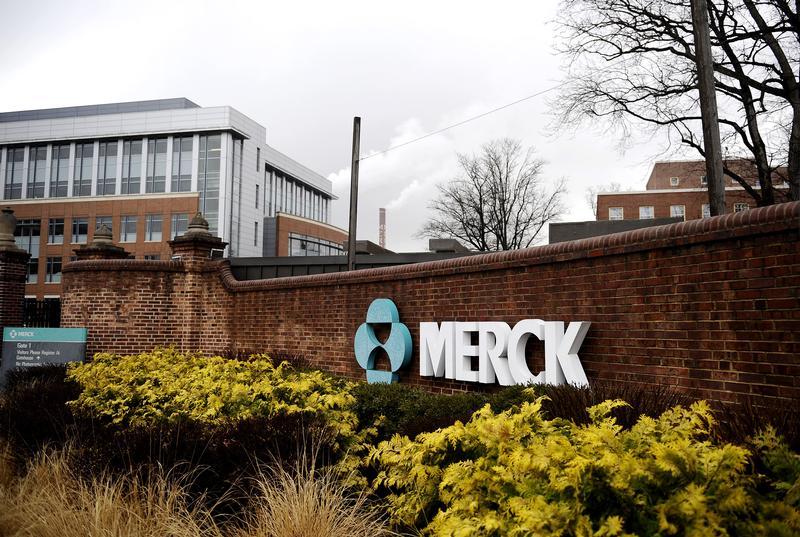Merck is in some ways a victim of its own success. Its cancer treatment, Keytruda, represents a growing percentage and already over a third of revenue at the $185 billion pharmaceutical company. The drug giant is in talks to acquire Acceleron Pharma, with a market capitalization of around $11 billion, according to the Wall Street Journal. That would help Merck diversify with two possible blockbusters. But both drugs are already spoken for in part by rival Bristol Myers Squibb. That raises the risk of side effects for any Merck deal.
Acceleron has one drug approved for anemia. It’s growing rapidly, and the company has estimated sales could peak at over $4 billion. Another possible treatment for a disease that causes high blood pressure in the lungs and heart may be equally attractive. Analysts at Cowen think peak sales might reach $4 billion.
A rule of thumb in biotechnology is that a drug is worth five times peak sales. On that metric, Acceleron’s two drugs might be worth $40 billion, assuming everything works out as hoped. Yet Bristol Myers is the company’s partner on both. Suppose the deals the two have struck amount to splitting the economics equally, and Acceleron’s share might be worth $20 billion. That’s attractive compared to its current value, even after a more than 40% runup in its stock price in the past month.
Yet big pharmaceutical companies like Merck, run by Robert Davis, prefer to keep all the spoils to themselves and not be forced to negotiate commercialization strategies for drugs with competitors, as it would have to do with Bristol Myers if it bought Acceleron.
Perhaps its existing ties will inspire Bristol Myers to outbid Merck. As Acceleron’s current partner, it probably has a better idea of the prospects for the two drugs in question. It already owns 12% of Acceleron, and buying the rest would give it full control of both potential blockbusters. If that happens, Davis would probably be better off withdrawing gracefully. If Merck prevails in a contested auction, it will probably have overpaid.
______________________________________________________________________________________


